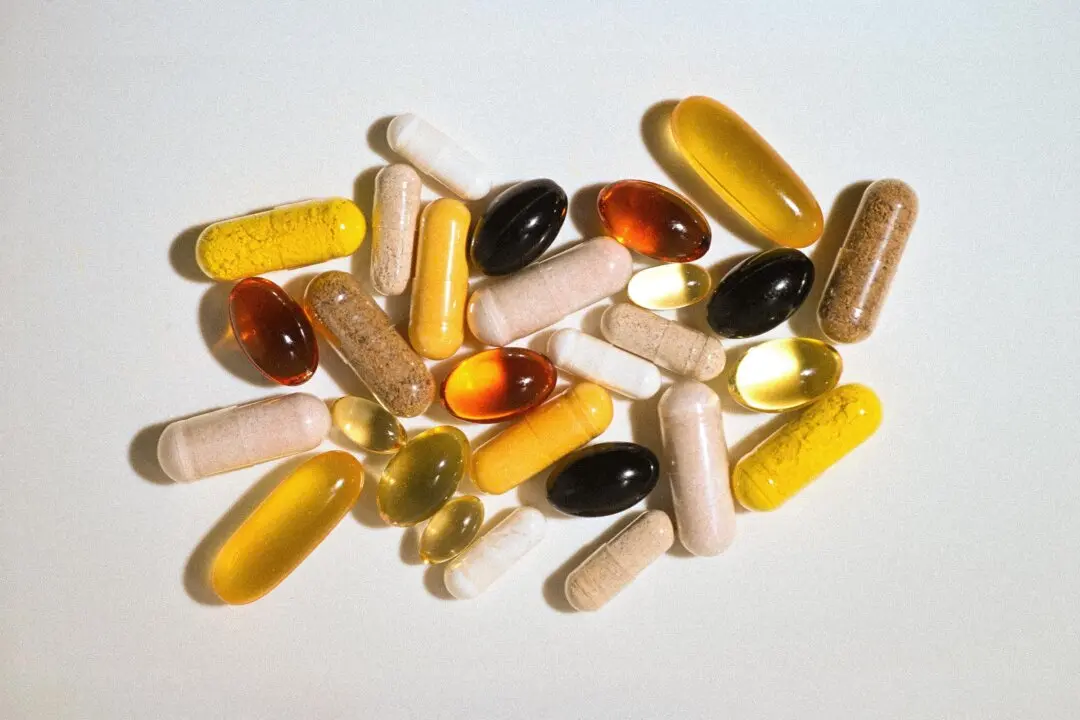Cardiovascular research is fraught with words. Dr. James DiNicolantonio, research scientist and doctor of pharmacy at Saint Luke’s Mid America Heart Institute in Kansas City, Missouri, has written tens of thousands of words.
He’s authored or coauthored more than 300 publications in medical literature, plus eight bestselling books including “The Obesity Fix,” “The Salt Fix,” and “The Immunity Fix.”






